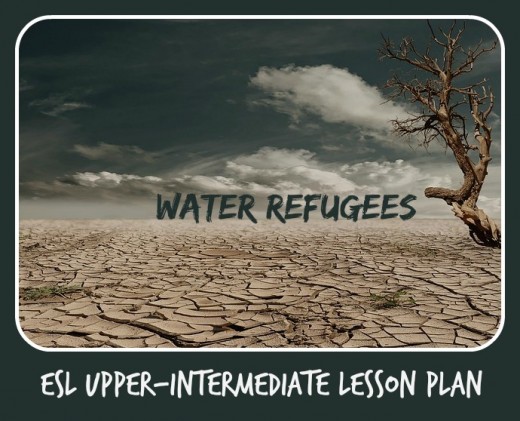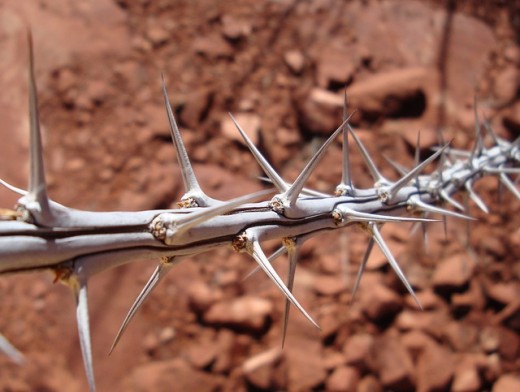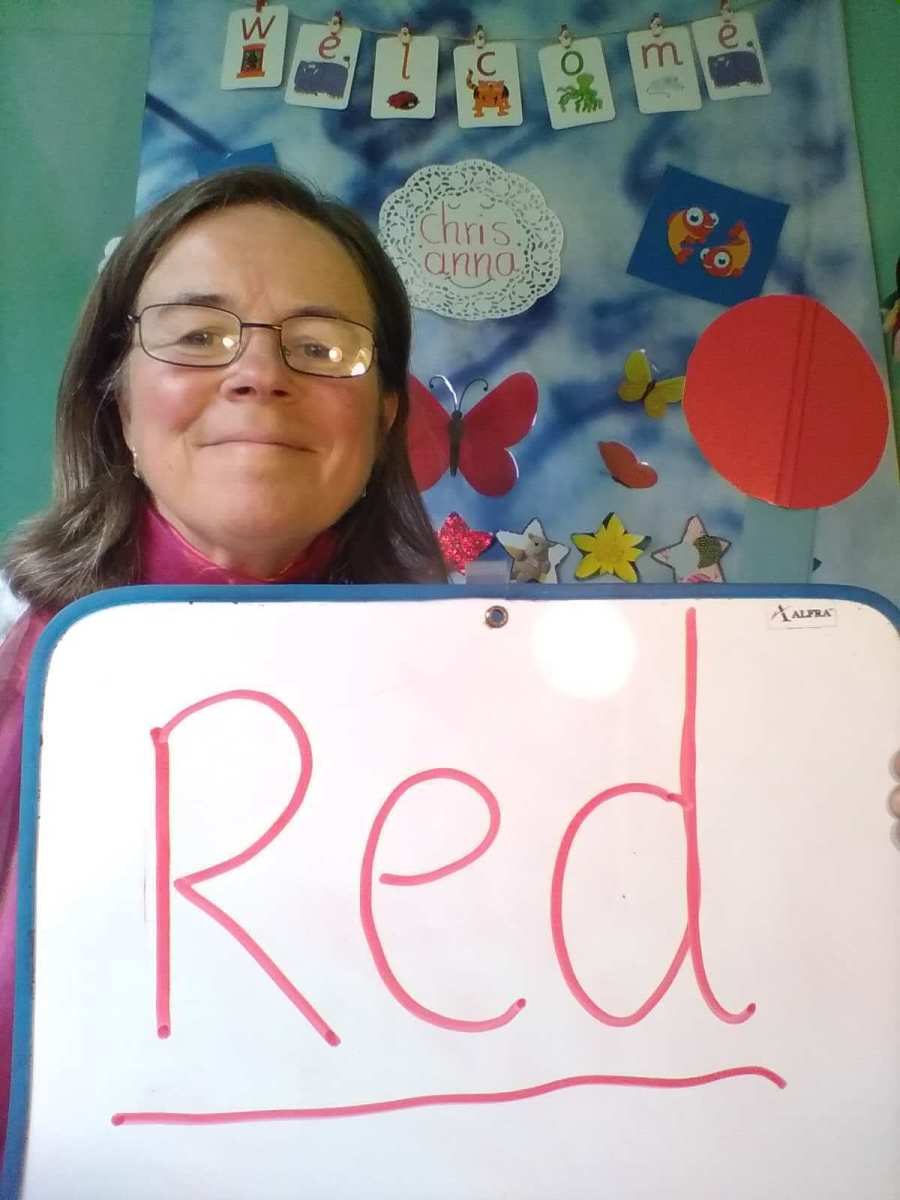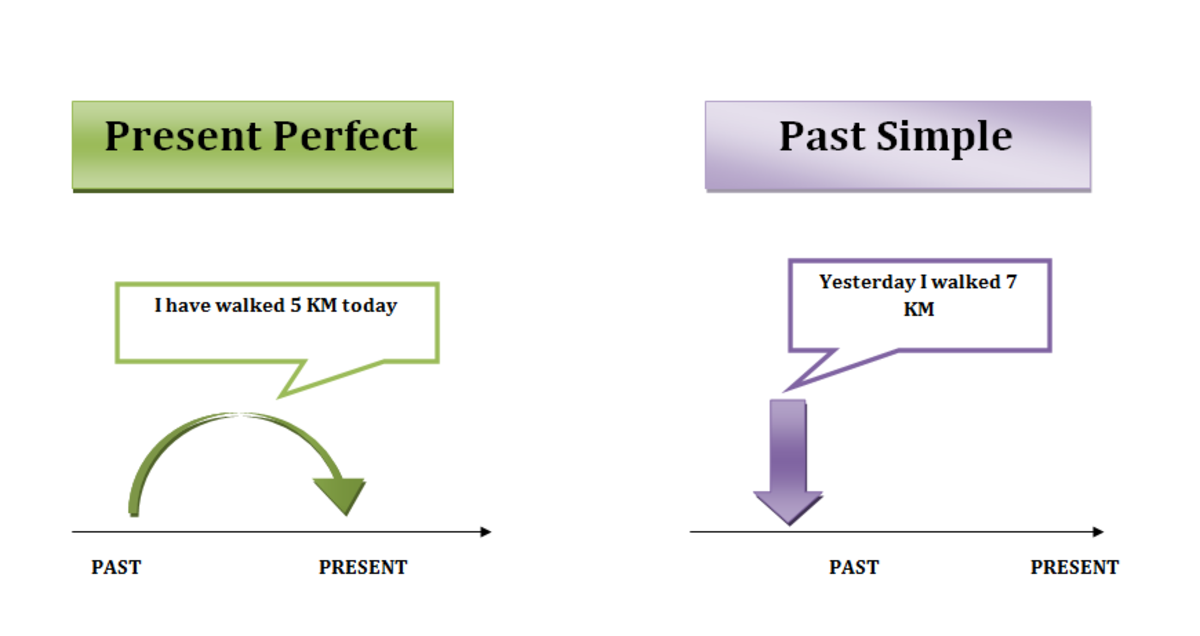ESL Upper-Intermediate Lesson Plan – Water Refugees
ESL Lesson Plan Contents
What happens when you country's capital runs out of water?
Read this lesson plan about a strange real-life story about how one country's addiction to drugs and inefficient water management is depleting its water source.
Contents:
- Warm up
- Reading section
- Discussion questions
- Water idioms
- Vocabulary match
- Group speaking activity
Time: 60 minutes
Level: Upper-intermediate and advanced
ESL Upper-Intermediate Lesson Plan - Water Refugees

Warm up
- What do you think is the worst natural disaster – Fires, earthquakes, flooding, droughts, volcanoes, tsunamis?
- Have you ever witnessed a natural disaster?
- How much water do you think you use a day?
Desert Thorn

Reading – Water Refugees
Sana'a is the capital of the little-known country of Yemen in the middle east. Most people could accurately guess that this country is poor and consists of mostly desert. But what they don't know is that this city is about to face a unique and catastrophic event in the the not too distant future. Sana'a is about to run out of water.
By 2025 they expect that the population of the capital (projected to be 4.2 million) will have to abandon the city in search of water. Water replacement in the Sana'a Basin is exceeded by consumption five-fold. Conflicts over water have already been on the rise. Around 4000 people die each year from water and land-related disputes, far more than Al Qaeda attacks. The causes of this grave water shortage are not only due to mismanagement and old equipment. Unusually, drug use is also to blame.
Qat
Most men in Yemen chew a plant called qat and it accounts for around a third of a household income. It is a mild narcotic that 90% of the adult male population enjoy on a daily basis and causes feelings of euphoria, excitement and loss of appetite. Qat is a water-intensive crop and 40% of the water from the Sana's Basin is used to cultivate it. Qat farmers choose to grow this crop because the yield is good and the return is guaranteed. Furthermore, qat cultivation is responsible for the displacement of other crops which result in higher food prices, and this has pushed even more people below the poverty line.
Inefficient irrigation
One cause of the problem resides with the practice of flood irrigation (water is poured near small trenches running through their crops) rather than drip irrigation (water drips unto plants through a network of tubes). Drip irrigation is 35% more efficient and cheap to put into place, but the problem lies in its perception. This method is not considered by farmers to be honourable or virile and so it is disregarded.
Dams and wells
Another area that needs to see a huge overhaul is the state of Yemen's dams and wells. The ageing dams are leaking, the rusting pipes lose 60% of the water they contain and trying to tackle its well system would be like opening Pandora's box. Legally, only the government has permission to dig for wells, but some interpretations of Sharia law maintain that wells drilled on private land belong to the landlord and not the state. Consequently, the National Water and Sanitation Authority only supplies water to a third of Sana’a’s households and cannot enforce sustainable conservation measures.
What are their options?
The government has a few options to slow down the inevitable. They could move the capital to another location. However, displacing millions of people would most likely end up causing a war and could cost the country well over $40 billion. An easier option would be to try to court international sponsors to help rebuild the pipes and dams. Digging private wells would have to be curbed and irrigation techniques in all agricultural regions would need to be improved.
They could try to inhibit the consumption of qat with an aggressive publicity campaign by highlighting some of the negative effects like hyperactivity, reduced productivity at work, high blood pressure and ulcers. 80% of the cost of qat production is diesel, which is subsidised by the state. These subsidies discourage farmers from considering more efficient types of irrigation or from switching to another more drought-resistant type of crop.
Desalination is another option, but it will be very expensive initially. Most of the funding will come from Saudi Arabia and the project will cost an estimated $300 million. Massive investment will be needed to make the price of water accessible to the people, as 45% of Yeminis live below the poverty line.
Adapted from: http://www.foreignaffairs.com/articles/139596/adam-heffez/how-yemen-chewed-itself-dry
ESL Discussion Questions
-
Do you think the actions of the qat farmers are irresponsible or do you think it is a consumer issue?
-
At weddings and social events the quality of the Qat reflects the host's social standing. In your country what is indicative of high social status?
-
If no action is taken, what do you think will happen to the citizens of Sana'a?
-
How do you think the National Water and Sanitation Authority should try to restrain people from digging private wells?
-
Drip irrigation is considered unmanly. How would you try to change the perspective of this technique?
-
68 billion cubic meters of Yemen's rainfall is wasted every year. How would you try to conserve it?
-
Qat is a relatively new drug. Because it has a short shelf life not many people chewed it in the 70s. Now most men chew it for about 3 hours a day. How else does this impact society?
- In the developing world women and children spend an estimated 15 hours a week collecting water for basic human needs. If you had to donate 15 hours of your week, what would you do less of?
Vocabulary Match
court
| Be greater in number or size than something.
|
tackle
| A red coating of iron oxide that is formed on metal when exposed to moisture.
|
exceed
| Disagreement.
|
overhaul
| A small amount of water.
|
virile
| Deal with.
|
subsidies
| Serious.
|
disputes
| Try to win the attention of someone.
|
displacement
| Masculine.
|
rusting
| An amount produced of an agricultural produce.
|
drip
| Cereals, fruit or plants grown for commercial use.
|
curbed
| Analyse and improve a system.
|
hyperactivity
| Money given to a business or industry by the state to help it grow.
|
yield
| The action of moving something from its place or position.
|
crops
| Abnormally or extremely active.
|
cultivate
| Involving or causing sudden great damage or suffering.
|
run out of
| Increasing.
|
catastrophic
| Grow plants.
|
on the rise
| Have no more of something.
|
grave
| Restrain.
|
Underline the words from the text and then match them with their definitions.
Water Idioms – Match the water idioms to the definitions
-
To be like a fish out of water.
-
To throw the baby out with the bathwater.
-
To be in deep water.
-
Like water off a duck's back.
-
Muddy the waters.
-
To make something more confusing.
-
To get rid of the good parts as well as the bad when you are trying to improve something.
-
Without any apparent effect.
-
A situation that is difficult to deal with.
-
To feel awkward because you are not familiar with a situation.
Camels in the Desert

Group Speaking Activity – Water Survey
According to the United Nations Development Fund, an American taking a 5 minute shower consumes more water than a person in a developing world slum in 1 day. Find out about your class. First, ask your partner the questions from the survey. Multiply the litres by the amount of people in your home. When you are finished elect someone from the class to write down the results on the board.
Shower
Old shower head 12-15 litres per minute
Efficient shower head 7 litres per minute
Toilet
Single Flush 12 litres
Dual Full Flush 6 litres
Bath
Half full 80 litres
Full 140 litres
Bathroom
Brushing teeth/shaving with tap running 5 litres per minute
Brushing teeth/shaving with tap off 1 litre per minute
Washing dishes by hand (one meal) 18
Old dishwasher 60
Modern dishwasher 18
Laundry
Modern front loader 60
Top loader 150
Garden
Sprinkler 1000 litres per hour
Washing car with a hose 200 litres per 12 minutes
Hosing driveway 75 litres per 5 minutes
Average size swimming pool 20,000 to 40,000 litres
Leaks
Dripping tap 30 to 150 litres per day
Leaking 300 litres per day from a 1.5mm (1/16 inch) hole
Leaking toilet 10 to 260 litres per day
Answers to Vocabulary Match
Be greater in number or size than something - exceed.
A red coating of iron oxide that is formed on metal when exposed to moisture - rusting.
Disagreement - disputes.
A small amount of water - drip.
Deal with - tackle.
Serious - grave.
Try to win the attention of someone - court.
Masculine - virile.
An amount produced of an agricultural produce - yield.
Cereals, fruit or plants grown for commercial use - crops.
Analyse and improve a system - overhaul.
Money given to a business or industry by the state to help it grow - subsidies.
The action of moving something from its place or position - displacement.
Abnormally or extremely active -hyperactivity.
Involving or causing sudden great damage or suffering - catastrophic.
Increasing - on the rise.
Grow plants - cultivate.
Have no more of something - run out of.
Restrain - curbed.
© 2015 Muttface








